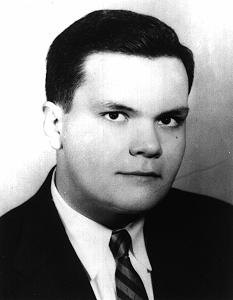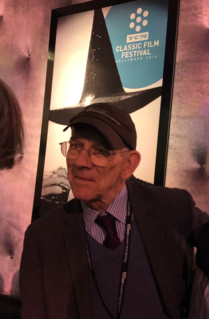A Quote by John Kennedy Toole
Between notes, he had contemplated means of destroying Myrna Minkoff but had reached no satisfactory conclusion. His most promising scheme had involved getting a book on munitions from the library, constructing a bomb, and mailing it in plain paper to Myrna. Then he remembered that his library card had been revoked.
Related Quotes
"Children, don't speak so coarsely," said Mr Webster, who had a vague notion that some supervision should be exercised over his daughters' speech, and that a line should be drawn, but never knew quite when to draw it. He had allowed his daughters to use his library without restraint, and nothing is more fatal to maidenly delicacy of speech than the run of a good library.
For books [Charles Darwin] had no respect, but merely considered them as tools to be worked with. ... he would cut a heavy book in half, to make it more convenient to hold. He used to boast that he had made Lyell publish the second edition of one of his books in two volumes, instead of in one, by telling him how ho had been obliged to cut it in half. ... his library was not ornamental, but was striking from being so evidently a working collection of books.
I grew up in a small town with a very small library. But the books in the library opened a large place in my heart. It is the place where stories live. And those stories have been informing my days, comforting my nights, and extending possibilities ever since. If that library had not been there, if the books - such as they were - had not been free, my world would be poor, even today.
I had a library of maybe 1,000 books in my room in Buenos Aires. I did have the sense that everything there was organised in the right way. You'll probably think I needed serious psychiatric treatment, but there were times when I would not buy a book because I knew it wouldn't fit one of the categories into which I had divided the library.
For weeks past he had been making ready for this moment, and it had never crossed his mind that anything would be needed except courage. The actual writing would be easy. All he had to do was to transfer to paper the interminable restless monologue that had been running inside his head, literally for years.
It would perhaps not be amiss to point out that he had always tried to be a good dog. He had tried to do all the things his MAN and his WOMAN, and most of all his BOY, had asked or expected of him. He would have died for them, if that had been required. He had never wanted to kill anybody. He had been struck by something, possibly destiny, or fate, or only a degenerative nerve disease called rabies. Free will was not a factor.
For his thirtieth birthday he had filled a whole night-club off Regent Street; people had been queuing on the pavement to get in. The SIM card of his mobile phone in his pocket was overflowing with telephone numbers of all the hundreds of people he had met in the last ten years, and yet the only person he had ever wanted to talk to in all that time was standing now in the very next room.
There were times when it appeared to Dorian Gray that the whole of history was merely the record of his own life, not as he had lived it in act and circumstand, but as his imagination had created it for him, as it had been in his brain and in his passions. He felt that he had known them all, those strange terrible figures that had passed across the stage of the world and made sin so marvellous, and evil so full of subtlety. It seemed to him that in some mysterious way their lives had been his own.
Until then I had thought each book spoke of the things, human or divine, that lie outside books. Now I realized that not infrequently books speak of books: it is as if they spoke among themselves. In the light of this reflection, the library seemed all the more disturbing to me. It was then the place of a long, centuries-old murmuring, an imperceptible dialogue between one parchment and another, a living thing, a receptacle of powers not to be ruled by a human mind, a treausre of secrets emanated by many minds, surviving the death of those who had produced them or had been their conveyors.






































